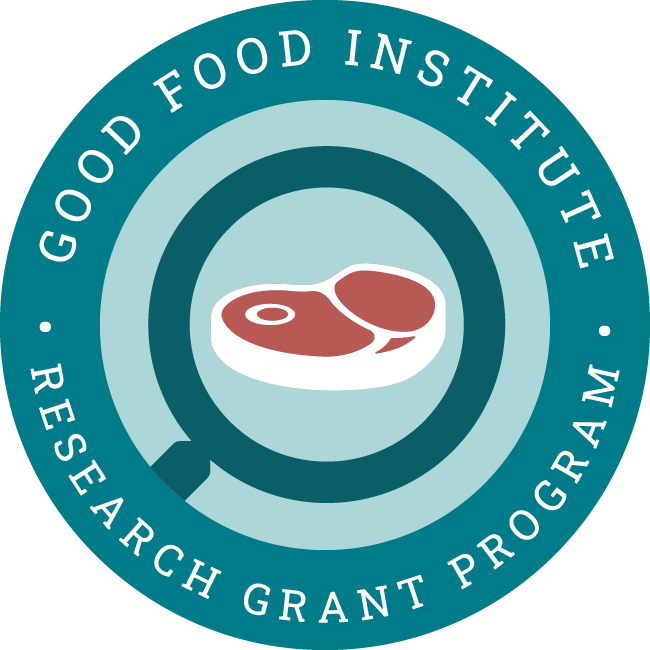Project aims
This project will design novel edible bioinks to produce adipose and muscle tissue for cultivated fish. In addition, the work will create scaffolds to support fish cell growth, adequate mechanical and structural properties, and also contribute to the final tissue balance of nutritional and organoleptic features.
This work will also study the optimal arrangement of bioinks for specific mechanical and sensorial properties while also developing a protocol for sea bass embryonic stem cell-like expansion.
Principal researcher

Dr. Federico Ferreira
Assistant professor, Higher Technical Institute, University of Lisbon, Portugal
Dr. Ferreira has expertise in tailoring biomaterials for stem cell cultivation and differentiation, electrospun fiber production, the design of electroconductive scaffolds, and stem cell cultivation under electrical stimuli. He has experience bringing biomedical innovations to market.
Industrializing Cell-Based Meats and Seafood 2021
Dr. Ferreira presented at the August 2021 Industrializing Cell-Based Meats and Seafood online conference.
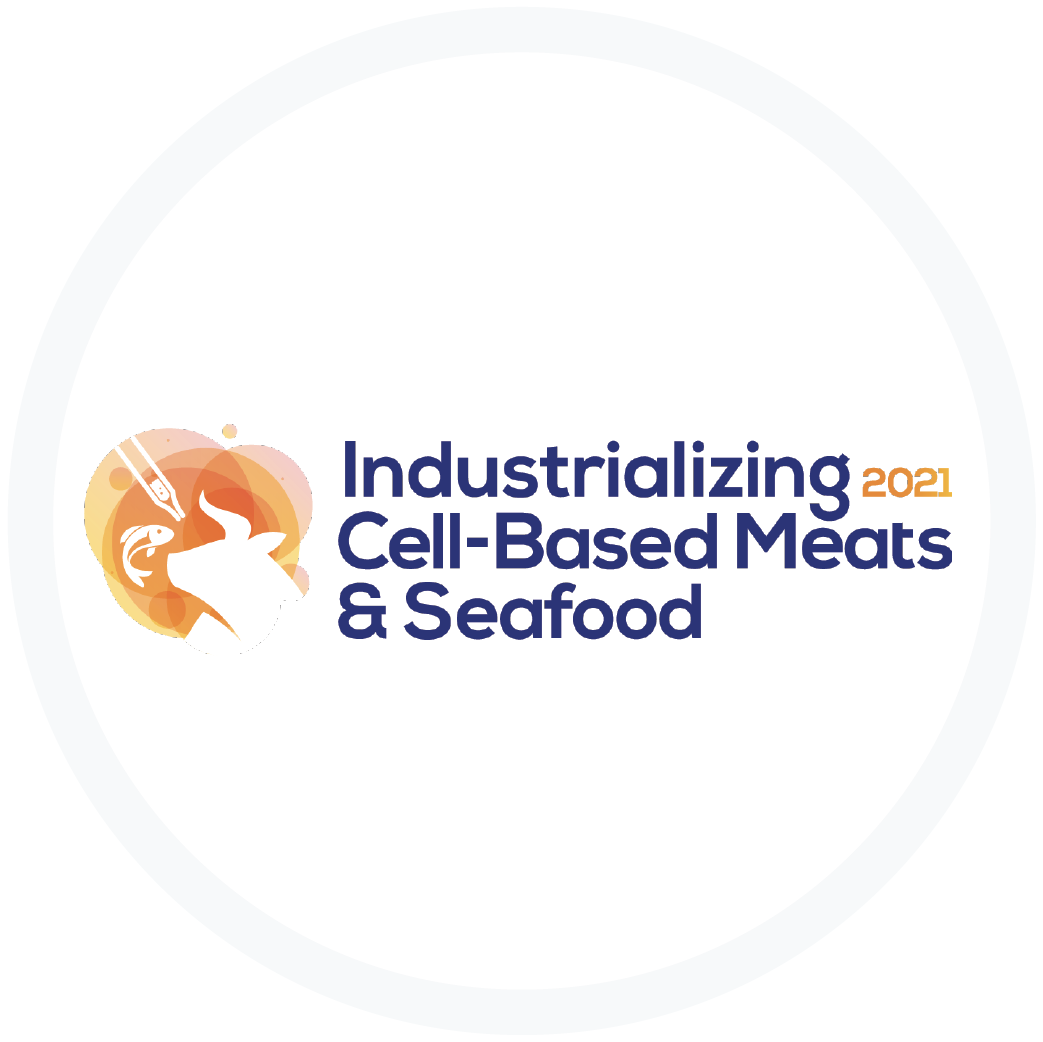
View related grant projects
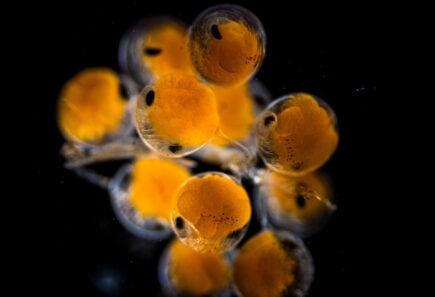
Differentiation and cell lines for cultivated carp
Learn about Dr. Mukunda Goswami’s research to develop cell lines from carp and characterize their differentiation at the Indian Council of Agricultural Research.
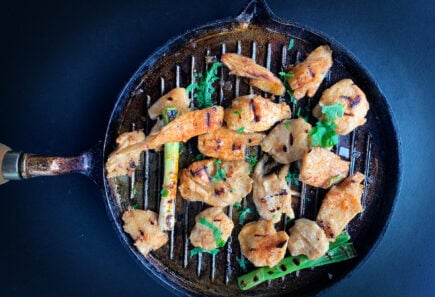
Tissue-engineering whole-cut chicken
Learn about Dr. Vivian Feddern’s research to tissue-engineer whole-cut chicken at Embrapa.
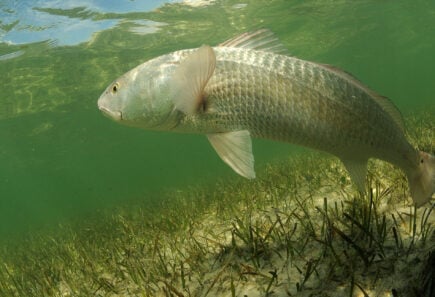
Seafood cell lines
Learn about Dr. Kevan Main and Dr. Cathy Walsh’s work at Mote Marine Laboratory to develop cell lines and methodology for cultivated seafood.

Smart scaffolds for cultivated meat
Learn about Dr. Oded Shoseyov’s research to develop cost-effective “smart scaffolds” for the cultivated meat industry at the Hebrew University of Jerusalem.
Explore research opportunities
-
Cultivated
Incorporating growth factors into scaffolds to reduce costs and introduce spatial heterogeneity
Growth factors (GFs) can be incorporated into scaffolds as a strategy for both reducing costs and improving product quality of cultivated meat. Open-access research is needed to test the feasibility…
-
Cultivated
Scaffolds and structural approaches to optimize fat distribution and content in cultivated meat
The inclusion of fat and marbling in cultivated meat is likely to increase its flavor, texture, and consumer appeal. Structural approaches using edible microcarriers, hydrogels, and 3D bioprinting present promising…
-
Cultivated
-
Plant-Based
Plant-based scaffolds to improve cultivated meat nutrition
A variety of plant-based scaffolds present the opportunity to combine the natural nutritional and structural benefits of plants with the taste and high protein of cultivated meat. Bacterial nanocellulose from…
Check out related resources
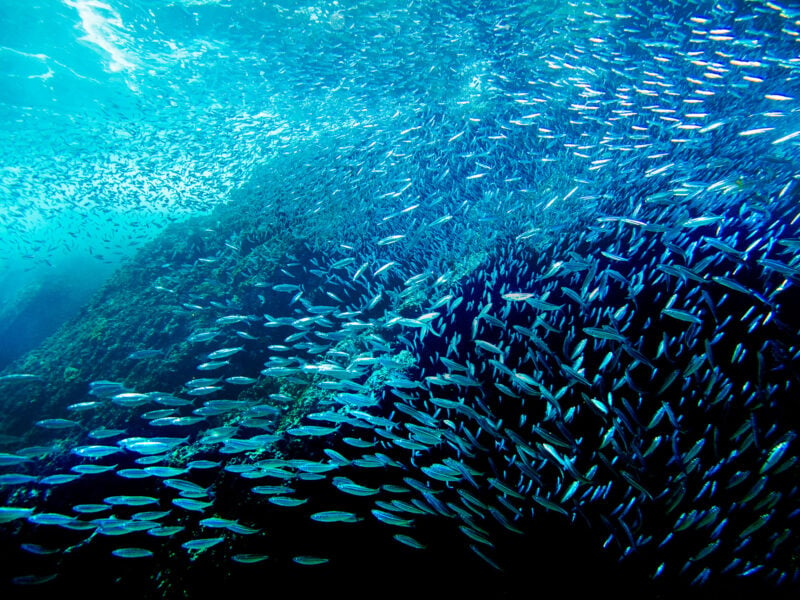
Sustainable Seafood Initiative
Learn how plant-based, fermentation-derived, and cultivated seafood can improve the health and sustainability of oceans.
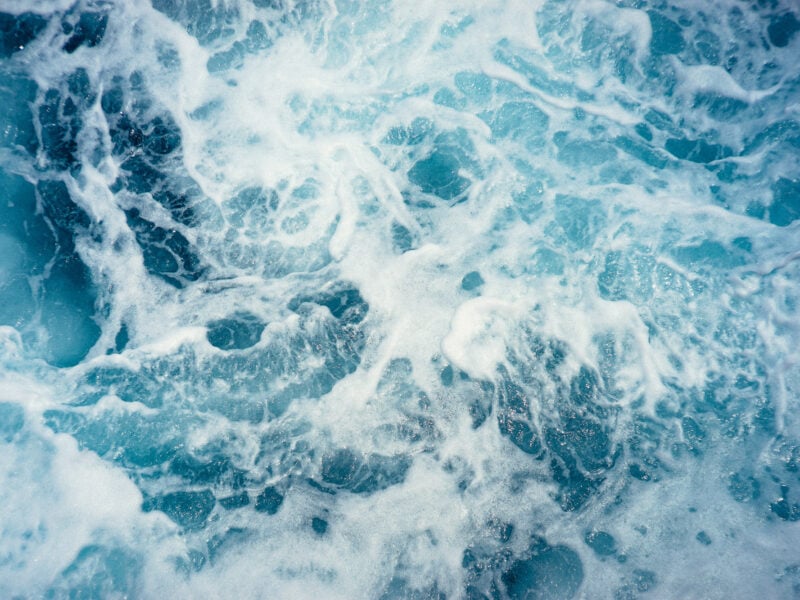
Aggregating data for alternative seafood
Use our open-access databases to explore how scientific taxonomies and evolutionary relationships map onto culinary categories of seafood.

GFI India: Microalgae and seaweed proteins as alternative proteins
The Good Food Institute India’s mission to accelerate the alternative protein sector includes exploring diverse, sustainable protein sources in India and around the globe. This analysis on algal protein is the first in our protein sources strategic analysis series. The presence of already established companies producing food-grade microalgae and the potential to utilize India’s 8100 km long coastline for seaweed cultivation provides the foundation for the algal protein industry. But the industry in India is at a nascent stage.
